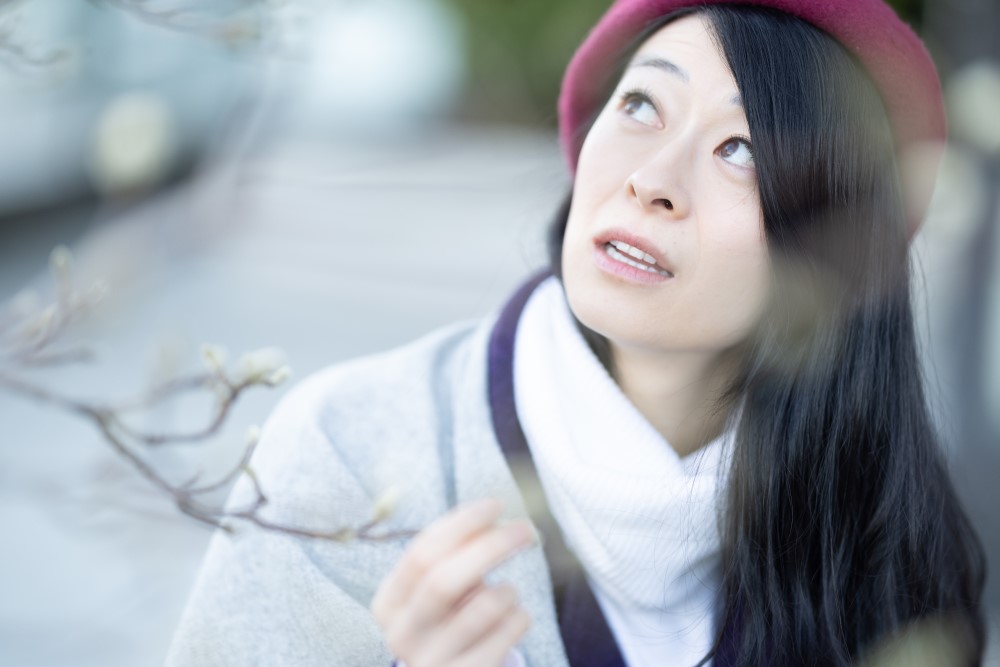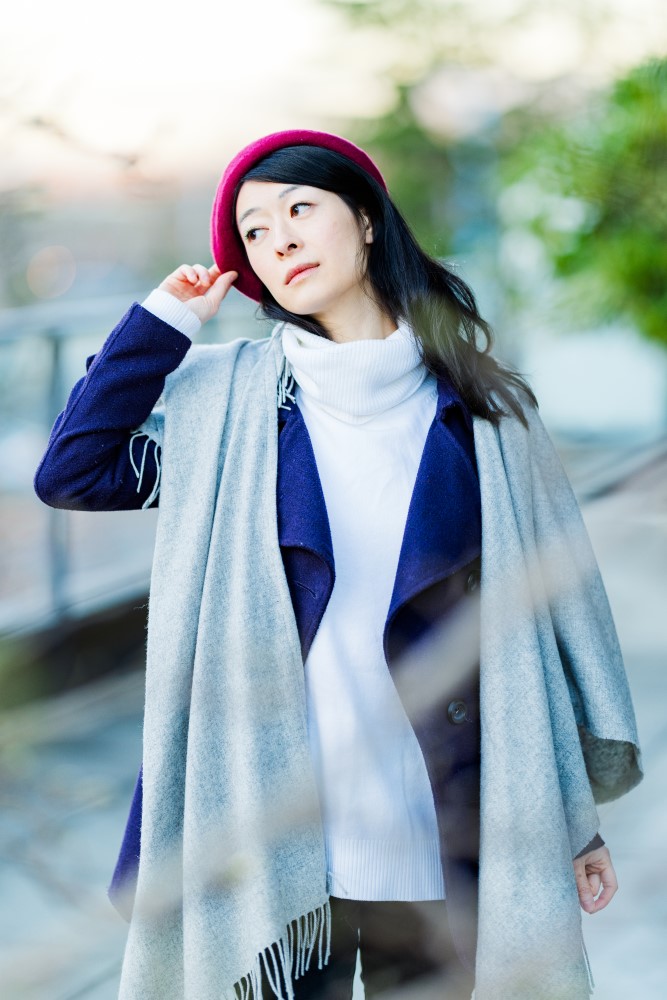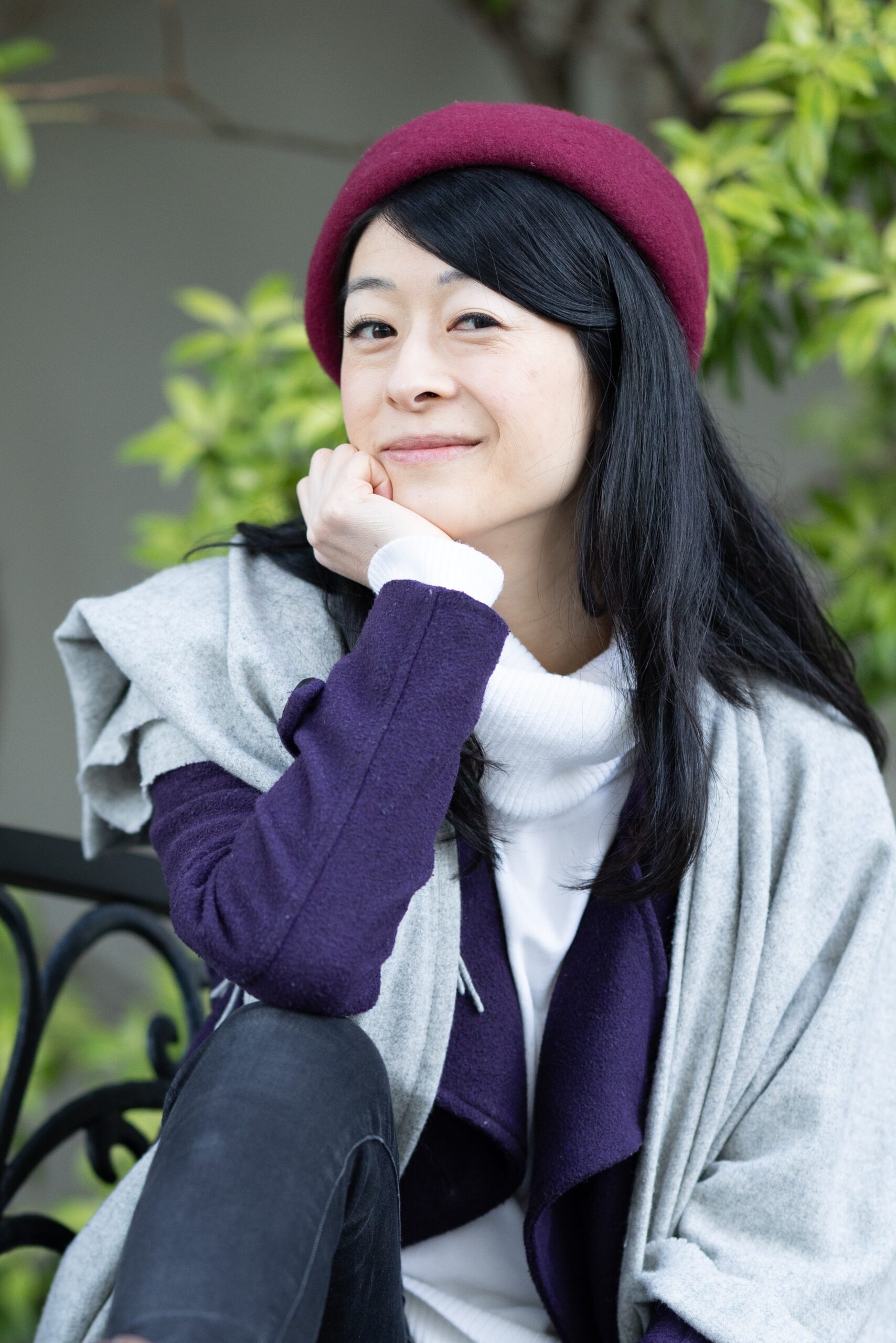
Growing up, Alex See never took a career in music seriously. Now, with three released singles, the only thing See thinks about every day when she wakes up is how she can achieve her music goals.
“It’s kind of wild that I’m doing this at all,” See muses, when I ask her about her musical journey. Although See started classical piano lessons at an early age, her training did the opposite of bolstering her musical confidence. Instead, she was often told that she’d never be good enough. Still, she persevered through the countless competitions and exams. What shone through in every evaluation was See’s exceptional musicality: “The judges would say that my technique wasn’t so great, but they would never fail to add that I was very ‘musical’. I would think, what does that even mean? I wasn’t sure how to feel.”
Admittedly, most people would struggle measured up against Mozart, Beethoven and Bach, but in the end, See’s biggest struggle was with her own confidence. Years after her piano lessons ended, she continued to believe that music wasn’t for her. Still, the songs kept coming – self-described “ditties” she wrote for fun when she wasn’t at her day job as a volunteer coordinator. “I kept saying that I wasn’t good enough for music,” she remembers, “but I would find myself tinkering at the piano and jotting down tunes.”

It wasn’t until her late twenties that See was able to admit to herself that music was a calling. She sent an email to music producer Winston Hauschild, who has helped launched the careers of Juno nominees and multi-platinum singers, asking if he would be willing to take on a newbie. Hauschild – immediately struck by See’s unique ability to combine soulful ballads with an uplifting message – jumped at the chance. From their collaboration, “black & blue” and “at the end” were born.
See’s first foray into professional production, “at the end,” has the singer open with a devastating lyric, sweetly delivered. “I felt your heart break in two,” See croons, before quickly pivoting to, “and then I leaned in and kissed you.” This mellow break-up ballad, backed by the strum of a breezy guitar, quickens into a defiant swell that contradicts its own premise: “It’s not over ‘til it’s over/let’s not even pretend.” With “at the end” See captures, musically and lyrically, the push and pull between comfort and growth, faith and fragility, optimism and pragmatism, that characterizes any relationship.
“black & blue,” See’s second single, combines the singer’s trademark melancholy lyrics with luminous instrumentals. See’s voice drifts into the song’s foreground like a slow burn, telling a remembered story of lost love that feels doomed to repetition. “Is love just repeating/the same mistakes/ over & over?” she sings, tortured and pensive. See’s voice is powerful yet gentle, ebbing and flowing in a mimic of memory’s movement, with the tinkle of piano chords forming a star-spangled backdrop. But like the night that obscures, “black & blue,” with its carefully-spun aura of wistfulness, obscures the stoicism that lies at its own core: the strength that comes with the acceptance of circumstances beyond one’s control. Holding on while moving forward, See implies, requires a special kind of will.

See’s latest effort sees her team up with producer Liam Moes to create “a love to call my own” (ALTMO). In it, See turns the conventional narrative of love searched-for and love found into a journey for peace within oneself. The rollicking forward momentum of ALTCMO’s chorus lends See’s track an infectious, tap-along quality that offsets its slower, more reflective verses. Initially conveying a sense of restlessness, upon refrain the choral beat becomes a source of confidence and forward momentum – belief that happiness is inevitable. As small, stalled, and alone as we might feel, See reminds us that home is right in front of us, if only we are brave enough to stop running and find the strength to call “love by [her] name.”
People overwhelmingly describe See’s music as “soothing,” and it’s an adjective that See embraces: “Music gives me a sense of connection and safety, and I want to share that feeling with others.” Soothing as See’s sound might be, many of her songs deal with difficult feelings: despair, brokenheartedness, and a pervasive sense of uncertainty. See’s inspirations are pop music’s sweet and lovelorn mistresses – Michelle Branch and Kina Grannis – women who sing about tortured love and toxic relationships with earnestness, simplicity, and sensitivity. And like those singers, See’s aim is to take ugly feelings – feelings that might be deemed as distasteful or “too much” – and, by putting them in song, make them an acceptable part of public life. Even if See’s music doesn’t get people to talk more openly about their feelings, she is satisfied by the thought of helping listeners become more in touch with themselves.
At the end of the day, this is what drives See; what makes the long days in the studios, the long nights shooting outdoors, the sweat, tears, bills, and mosquito bites worth it. Not the pursuit of technical perfection or individual accolades, but the desire for something more musical – relatability, vulnerability, and human connection.
“Being able to create something that allows people to feel their feelings… that’s what I do this for.”